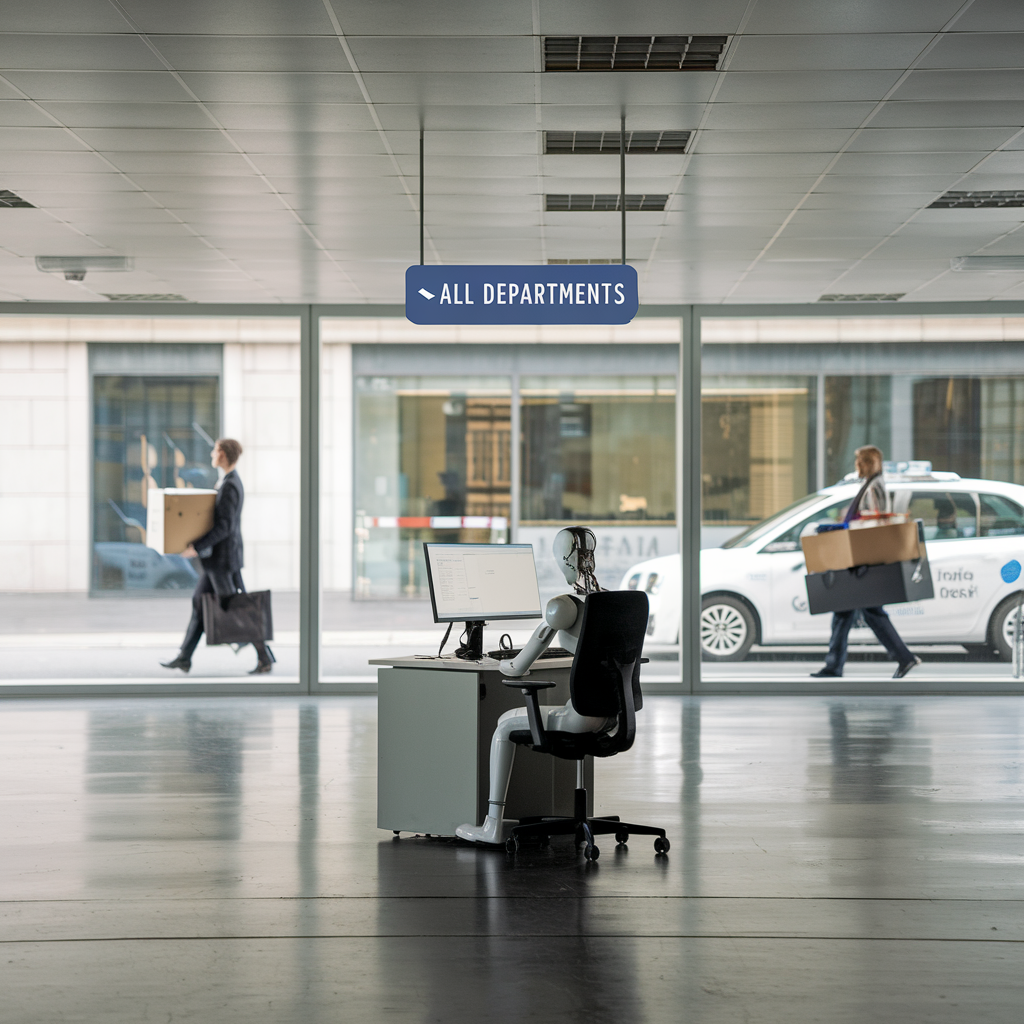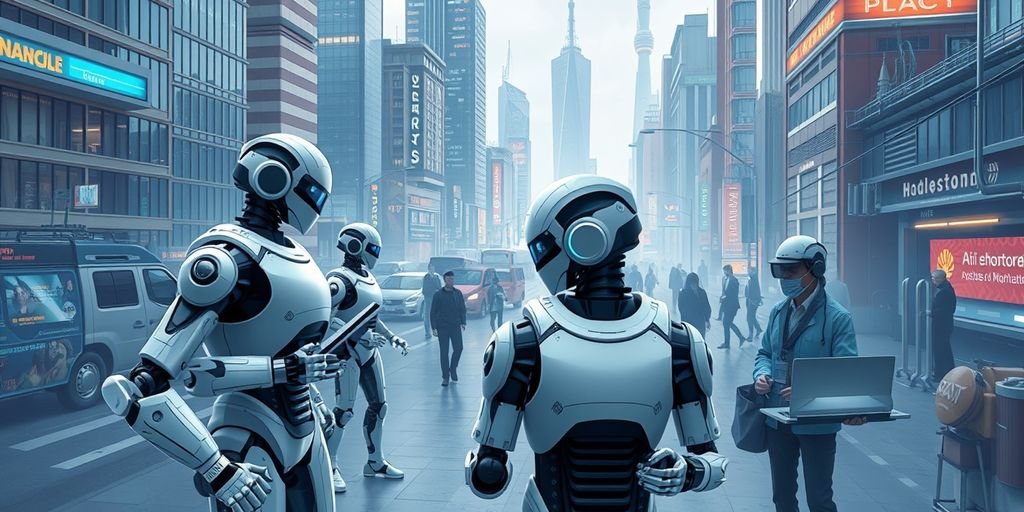The world of Artificial Intelligence (AI) is expanding at an unprecedented rate, transforming industries and reshaping our daily lives. As we witness the meteoric rise of companies like NVIDIA and the massive speculative growth in the AI sector, it’s crucial to examine both the immense potential and the potential pitfalls of this technological revolution. AI’s growth is nothing short of remarkable. The sector is projected to expand exponentially in the coming years, with demand for AI-related occupations potentially growing by 17-30% between 2022 and 2030
This surge is driving unprecedented economic growth, with AI technologies expected to create 133 million new jobs by 2025, while displacing 75 million – a net gain of 58 million jobs
The benefits of AI are far-reaching and transformative. In healthcare, AI is revolutionizing drug discovery, improving diagnostic accuracy, and personalizing treatment plans. Businesses are leveraging AI to streamline operations, reduce costs, and enhance customer experiences. For the average person, AI is making life more convenient through smart home devices, personalized recommendations, and efficient digital assistants.

Last weekend I spent a few days away with my partner and after a day of walking around in the heat I pondered the 45 minute walk back to the hotel as I sat and unwound with a cold drink. A taxi was called for, to hell with the cost! But being in a place I was not familiar with I finally made the decision to give Uber a try. As I effortlessly booked a ride in an unfamiliar city, I couldn’t help but think about Tesla’s automated driverless taxi project. In just a few years, traditional taxi driver jobs could become obsolete, highlighting the double-edged nature of AI advancements
While AI will undoubtedly create new job roles, such as AI ethicists, maintenance specialists, and trainers, there’s a growing concern about the jobs that will become redundant. Sectors like food services, production work, customer services, sales, and office support are particularly vulnerable to automation
Administrative tasks and customer service roles are already feeling the impact of AI-driven solutions. For future generations, learning to work alongside AI will be crucial. Education systems must adapt to prepare students for a world where humans and machines collaborate seamlessly. This shift will require a focus on developing skills that complement AI, such as critical thinking, creativity, and emotional intelligence. The risk to current working-age generations is significant. Not everyone has the opportunity or ability to retrain for new AI-driven roles. This could lead to increased unemployment rates and potential societal and economic issues in the coming years.

It’s essential for policymakers and businesses to address this challenge proactively, ensuring that the benefits of AI are shared equitably across society. For those who remain sceptical about AI’s potential or underestimate its impact, it’s time for a wake-up call. The AI revolution is not a distant future – it’s happening now. Anyone who wants to remain competitive in the job market or succeed in business must start learning about AI, even at a basic level. Ignoring this technological shift could mean being left behind in an increasingly AI-driven world.
In his book about how AI can help startup businesses “The 21st Century Entrepreneur”, Rick Stevens reveals how the power of AI can give even the smallest business a competitive edge over larger established ones who perhaps are not implementing AI.
AI presents both incredible opportunities and significant challenges. Business owners and managers must develop AI implementation strategies now to stay competitive. Investors should consider the future of their portfolios in light of AI’s growing influence across industries. For individuals, embracing AI and developing relevant skills is crucial to navigate this new landscape successfully. The AI revolution is here, and its impact will only continue to grow. By understanding both its potential and its risks, we can work towards harnessing AI’s power responsibly, ensuring that it benefits society as a whole while mitigating its potential downsides. The future belongs to those who adapt, learn, and embrace the AI-driven world that’s rapidly unfolding before us.





